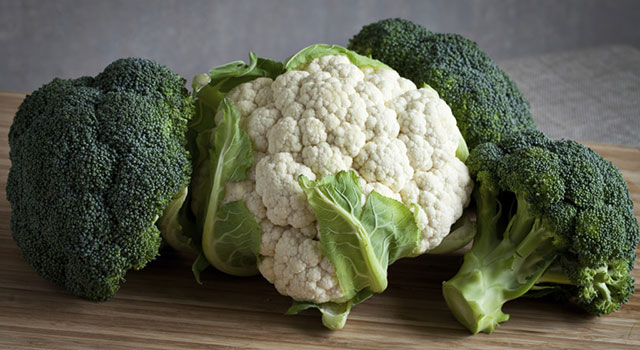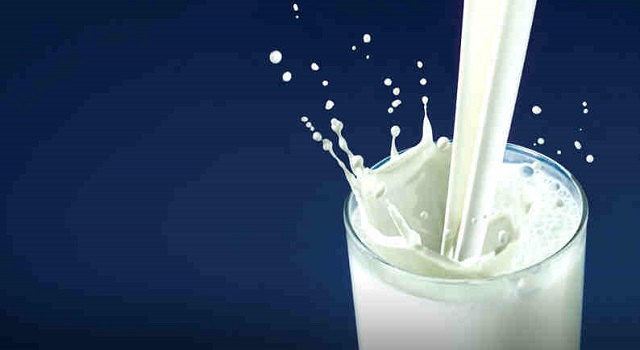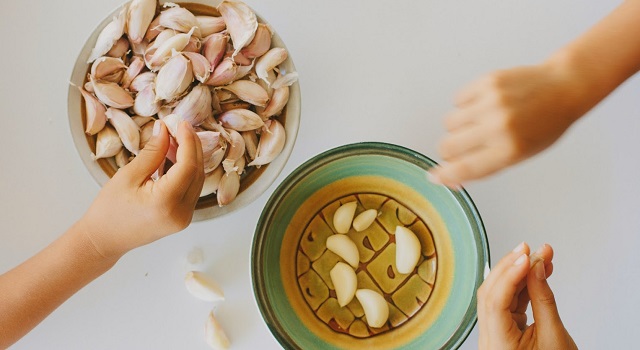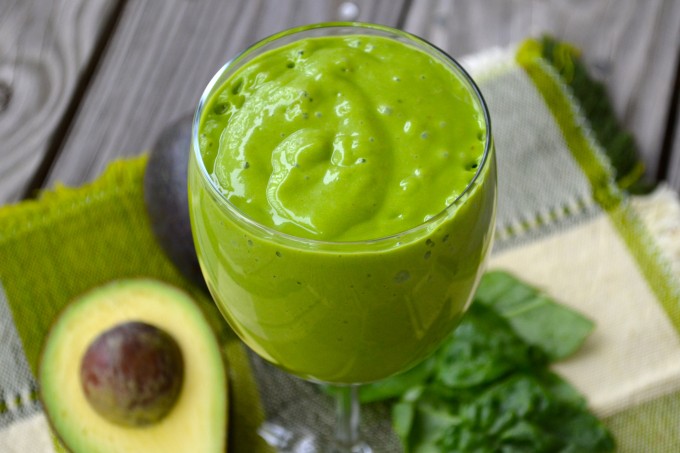People with Bradycardia have a heart rate lower than 60 beats per minute. For some individuals, it feels fine that it becomes their normal.
However, a low heart rate could indicate that something is misfiring in the heart’s electrical system.
The condition becomes an issue when it affects the way the heart is pumping blood.
People with Bradycardia may frequently feel dizzy or lightheaded, they are prone to fainting and confusion, as well as a regular feeling of shortness of breath.
They might find themselves feeling weak or low on energy on a regular basis.
Here are some dietary changes that might be able to help with this condition.
Food & Nutrition Diet (Meal Plan) for Bradycardia
#1 Recommended Breakfast Diet for Bradycardia

Heart-healthy foods and supplements will be a person’s best bet in dealing with Bradycardia. Managing blood pressure, blood sugar, and cholesterol levels will also help.
Whole grains and organic fruits boost cardiovascular health and they fit well into a morning meal. For some health-boosting omega-3’s, try nuts, seeds, or eggs.
Oats with fruit and nuts or whole-grain toast with eggs and a side of fruit are two examples of a heart-healthy breakfast.
For a quick morning meal, try a smoothie! Blend fat-free milk or yogurt with different fruits and a handful of spinach.
#2 Recommended Lunch Diet for Bradycardia

For a hearty lunch, farro and wild-caught fish is a delicious and nutritious combination. Farro is a whole grain, while fatty fish such as mackerel, salmon, sardines, and tuna provide heart-healthy omega-3 fatty acids.
Moreover, lean protein such as organic chicken, can make a great addition to lunch. Beans and lentils are excellent vegetarian options. It’s important to focus on vegetables at mealtimes, so pile on all the veggies!
Asparagus, bell peppers, broccoli, carrots, dark leafy greens, onions, potatoes, squash, and tomatoes are particularly good for the ticker.
#3 Recommended Dinner Diet for Bradycardia

Veggies contain large amounts of nutrients, such as CoQ10, which can improve cardiovascular health. Broccoli, cabbage, and cauliflower are three examples of CoQ10-packed vegetables.
Organic eggs and meat are also natural sources of CoQ10 and can be added to a dinner menu. Flaxseed oil contains heart-healthy omega-3 fatty acids and can provide a nice drizzle over roasted or sauteed vegetables.
A diet rich in whole grains is one way to improve heart health, so options such as brown rice and whole-wheat pasta are good dinner choices.
#4 Recommended Snack Diet for Bradycardia

Dessert lovers, rejoice! Dark chocolate contains flavonoids, which battle against free radicals and protect the heart. Just keep in mind that it has to be dark chocolate, not milk or white chocolate!
For those who want a more savory snack, try popcorn or nuts. Naturally, fruits and veggies are always going to be good snack choices.
Pair them with yogurt or hummus for more substance. Whole-grain toast topped with natural no-salt-added nut butter is another crowd pleaser.
#5 Recommended Drinks for Bradycardia

For those who enjoy a nightcap, red wine can boost heart health thanks to the resveratrol in red grapes. Of course, don’t go overboard; that means one glass a night for women and two for men.
Speaking of fruit, freezing some and then adding it to a smoothie along with yogurt or milk can create a yummy smoothie that packs a nutritious punch. Green tea is full of antioxidants, and it improves the lining of the heart.
Water with berries or squeezed citrus fruits can liven up boring water while boosting hydration. Plus, the fruits provide vitamins and antioxidant benefits.
#6 Recommended Herbs for Bradycardia

Sometimes, stress and anxiety can make Bradycardia worse. Ashwagandha and lavender are two herbs that can relieve this pent-up stress, either through essential oils or teas.
Garlic is delicious and has phytochemicals that strengthen the immune system and lower cholesterol. Thyme fights free radicals, so try keeping some of the dried herb in the cupboard.
Capsaicin (found in cayenne and chili pepper) prevents blood clots, oxidation, and dilated blood vessels, which translates to lower blood pressure.
Rosemary boosts immunity, and coriander improves blood circulation by decreasing platelet aggregation.
#7 Recommended Fruits for Bradycardia

Oranges and strawberries not only contain Vitamin C, but they’re plant-based sources of CoQ10.
Avocados are delicious, go well in different recipes, and help lower LDL cholesterol. Just be careful of the calorie and fat content by keeping portions reasonable. Red grapes benefit the heart through their resveratrol, which prevents blood platelets from sticking together.
Other heart-healthy fruits include apples, apricots, bananas, berries, cantaloupe, grapefruit, kiwi, papaya, and peaches. It’s always better to eat fruits in their whole form, rather than as a juice.
#8 Recommended Vitamin/s for Bradycardia

Vitamin B complex supplements can help with alleviating stress and anxiety in patients with Bradycardia. Vitamin B6 helps to lower homocysteine, a type of amino acid that contributes to heart disease.
Vitamin C is always a plus, and it improves resistances to heart diseases and complications.
#9 Recommended Mineral/s for Bradycardia

Omega-3 fatty acids are essential for a healthy heart. While is raises good (HDL) cholesterol, it lowers bad (LDL) cholesterol, so it’s great if people can fit more omega-3’s into their daily diet.
CoQ10 is an enzyme supplement with antioxidant benefits that can lower blood pressure and cut the risk of heart attack. There are supplements, or people can consume some foods that have CoQ10 in them.
L-carnitine can improve the heart’s fatty acid metabolism, and it’s found in organic beef, whole milk, and wild-caught cod.
Magnesium regulates muscle control, so it can be helpful for people with Bradycardia. Studies show that hypertension, arrhythmia, and heart failure are linked to magnesium deficiency.
Folate and potassium have similar heart-boosting benefits.
#10 Discouraged Foods for Bradycardia

In general, people with Bradycardia (and those who want a healthy heart) should eat a diet that is limited in fat, salt, sugar, and processed foods.
A diet with too many of those foods will put strain on the heart and contribute to feelings of weakness and fatigue.
There are always healthier alternatives to junk food and dessert (such as popcorn and dark chocolate!).
Focus on whole grains, lean meats, low-fat or fat-free dairy, the herbs mentioned here, as well as fruits and veggies.
- READ MORE




